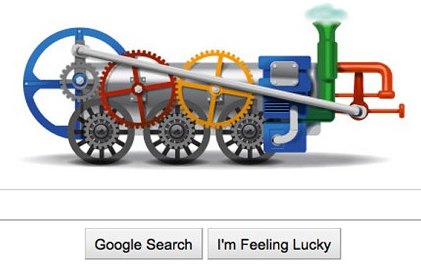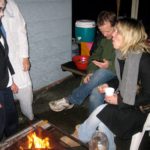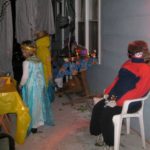Yesterday, I talked about the shift that happens when a word–and the thing that word is standing for–sprouts into other parts of speech. “Google” was one example. Love was another.
How this transition happens is based on a few factors, and some of those factors are not within our control.
It seems the abiding reasons (for positive associations) have a lot to do with building trust and a powerful impression. There are triggers that make things start to traverse “across platforms”. For instance, Goolge as a company became a certain type of brand when it offered free web searches very quickly with short load times and no bothersome ads. There were no ads at first and then they incorporated Google Ads to make some money hoping their ads would be subtle and effective…bearable. (no pop up ads, etc).
Moving from brand to a ubiquitous term across parts of speech and culturally (like the word “google” moving from noun to brand name noun to adjective, adverb, and verb) takes something else. Several things.
Widespread and frequent acceptance and usage
Trust and reliability
Close Identity with an action or idea that can be described more accurately than the word it replaces.
Example:
In the case of Google…if you wanted to say, “Hey, search on the internet for that,” it actually became more accurate to say “Google that.”
It was not just a quicker way to say what you wanted to, it was more specific too. The word that replaced “search” carried that idea of getting it right simply, in the middle of all the potential complexity. The meaning was richer and more defined by implication. Using google would get you a specific outcome better or differently than other ways to search. Soon all internet searching fell under this umbrella: Searching well and quickly on the internet was “googling”. Even to the point where you could hear someone say, “Use Bing to google a video about the Panama Canal.” (Bing: Microsoft’s attempt to be Google, but they’re too late for the party. For now, Google has won the day by winning the word and the idea about searching the internet, and they’ve crossed platforms.)
For us, as Communicators, Leaders, or Creators, our message can move from noun to verb. For best results, it takes more than notoriety. Whether we’re talking about invention, art, consumer goods, or just being the go-to person on a topic, the same principles apply.
What about for the walk of faith? Same thing.
We have to be so easily identifiable with a concept and action that the connection happens. Whether that’s love, service, encouragement, worship, or anything else that build the Kingdom of God.
The sticky part comes in doing it in a way that builds our “personal brand” and furthers our own interests, more than the Kingdom. We too often pick ourselves. This upside down Kingdom is laid out in Matthew 5-7 (the Sermon on the Mount).
I think we can spot the difference between our own Kingdom or God’s in the fruit that comes to bear as well as whether we sense the consolation of God or the desolation without God’s (felt) presence. This is the realm of discernment, and will define consolation and desolation that later in the week. Stop back soon!










